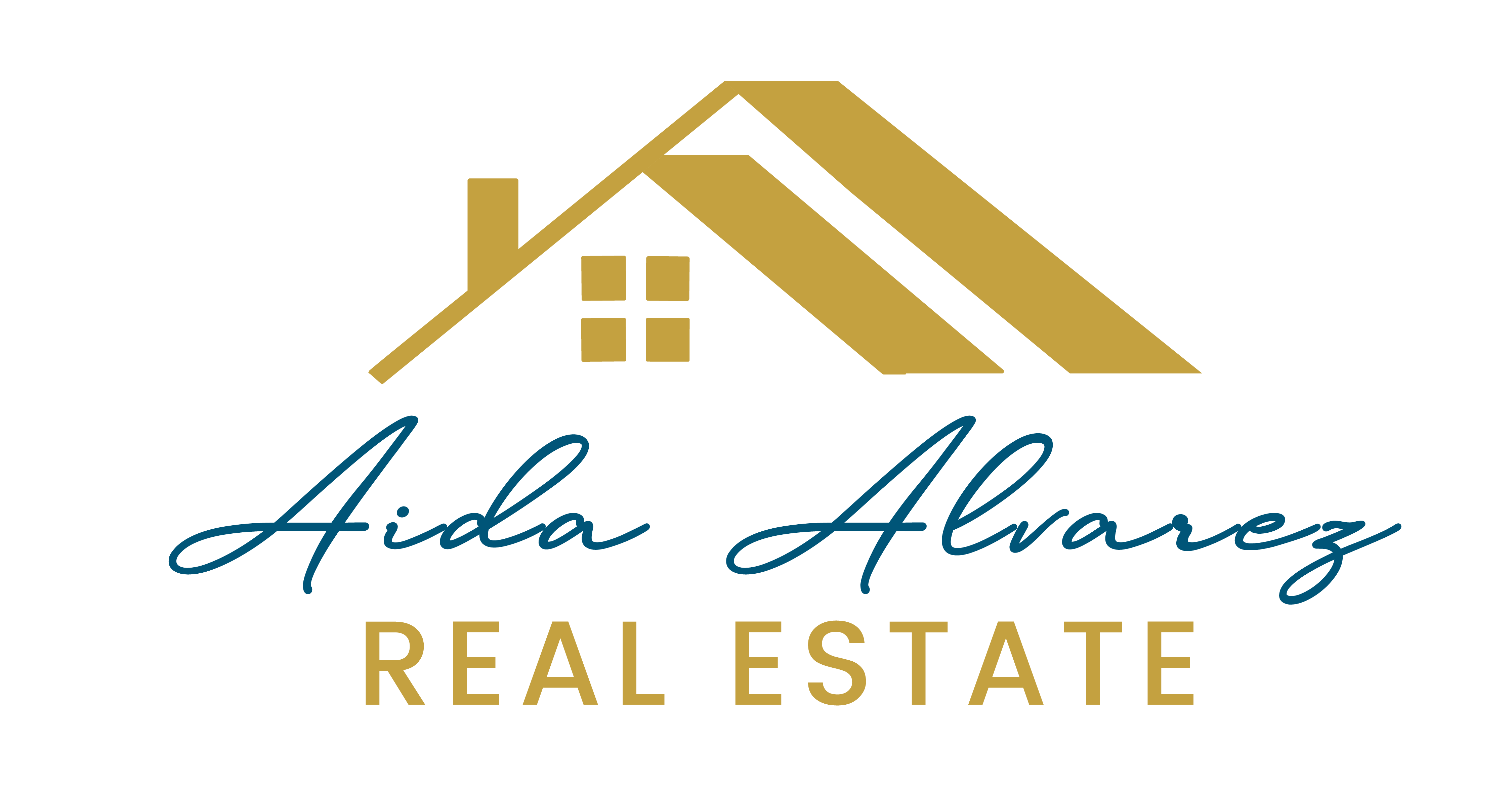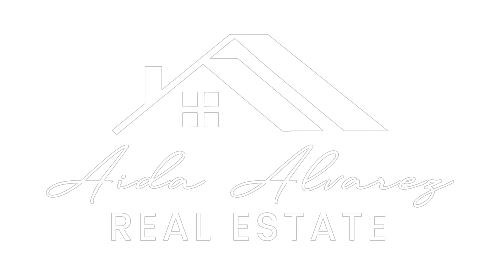First of all, you should meet with a real estate agent, make sure it is a professional and trustworthy one. This will be your best ally since web pages and online ads must always be verified by your real estate broker so that you are not a victim of scams or other crimes.
Set a price and select a location: Prices vary depending on the city you select, the location and the number of square feet you need. Rent adjacent to universities, airports and large companies or business centers increases the cost of the property.
Obtain all the requirements that may be required for rent: It is important that before viewing properties, you obtain documents such as your proof of income, payroll or bank accounts to show the owner that you have the means to pay the rent.
Get only properties that are within your budget: When renting, we must be aware of how much we can pay because that is a variable that the tenant also takes into account. Your real estate agent should guide you in this process by sending you a list of options that match the characteristics they set on the search.
Establish a rental offer: Before placing an offer, the real estate agent will carry out a comparable analysis where it will show you what the last rented units have been in the community you have chosen and how much they were rented for, in order to present a offer that is fair both to the owner and to you.
Participate in the neighborhood association or management company: To apply for most rental housing you must fill out an application or form, pay an administrative fee and submit the requirements in writing or by email.
Here are some documents you may need:
To rent a home in any American city, the following basic requirements are needed (they may vary):
-Credit record with score above 620.
-Valid State ID.
-Demonstrate income of at least 3 times the value of the rent
-Police record: no criminal record and/or eviction record for the last 3 years
What is the difference between a rental community and condominiums?
An apartment rental community corresponds to a group of properties where there is only one owner and the units are rented through a management company, which may be its own or a third party.
A condominium also corresponds to a group of properties, but for each of them there is an owner. A single person or corporation can of course have several properties. Among all the owners they select a condominium board and an administrative board.
This administrative board has in turn a series of requirements to accept future tenants, these are generally the same that the owner asks for when renting.
How long are the contracts?
Leases are generally for twelve months, you can also get month-to-month or six-month contracts, but they increase the value of the monthly rent.
Investors like to have a contract that guarantees income for a long period, therefore, the longer the contract period, the cheaper the rent can be.


